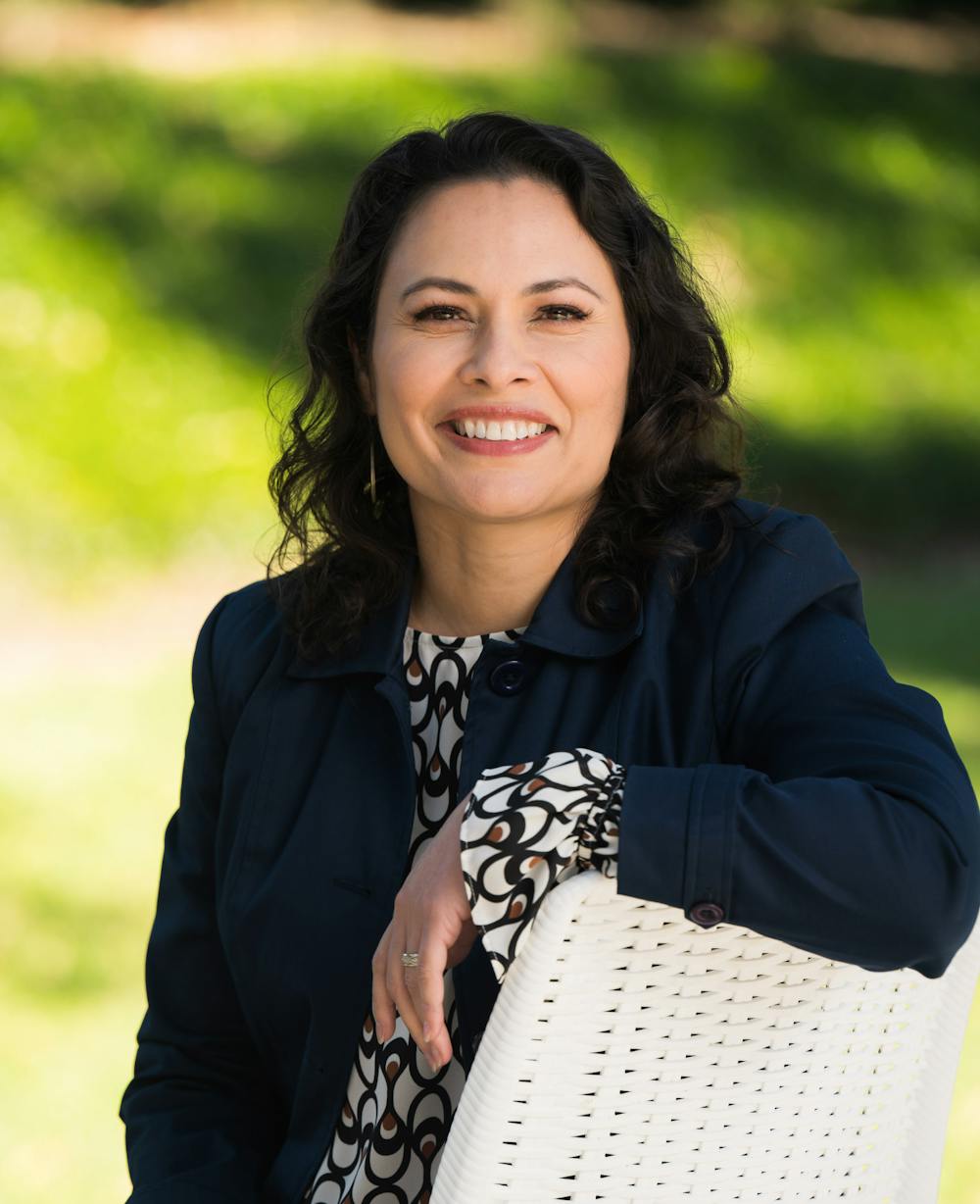‘An investment in our future’: Meet Ruth López Turley

Ruth López Turley, director of the Kinder Institute for Urban Research, doesn’t have it easy. She oversees all of the organization’s research operations, raises the money to fund its work and describes herself as constantly in meetings. On top of that, she’s still teaching in her role as a Rice sociology professor. When López Turley thinks about hard work, however, she doesn’t think of jobs like hers.
“My mother worked hard. [She] often worked multiple shifts; [she] often worked night shifts,” López Turley said. “[She] never had benefits, never got paid more than minimum wage, never had a paid vacation, never had control over her schedule. The ‘never, never, never’ goes on and on and on.”
López Turley said her family’s personal experience led to an early awareness of broader systems of injustice and motivated her interest in sociology.
“Very early on, I knew [that] there are lots of things wrong with our society,” López Turley said. “Many, many people work [hard] for next to nothing … Of course, my work is challenging, but it’s nothing compared to the way so much of the world has to work. And they get paid so much less than we do.”
Prior to becoming director of the Kinder Institute this past July, López Turley served as director of the Houston Education Research Consortium, a Kinder Institute program focused on educational equity research in close collaboration with Houston school districts. For the past decade, López Turley’s personal experience has fueled her research interests in education.
“The reason I was especially interested in education is because of what I saw it do in my own life. That was my ticket out of poverty,” López Turley said. “I got very, very lucky that I had the right people come into my life at the right time and [give] me the information that I needed.”
The Kinder Institute recently received a $50 million contribution to its endowment. López Turley said she acknowledges the gravity of the funding, especially given the impact the money could have had for other recipients.
“The expectations are sky high, and now we have to deliver,” López Turley said. “These are [precious] resources that could have gone toward lots of other great causes … I get that. I think about that all the time. But I also believe that these resources are well-invested. This is an investment in the future.”
As for what that future looks like, López Turley sees the Kinder Institute as a way for Rice and Houston to build a stronger relationship.
"All [the Kinder Institute's] research focuses on the Houston region,” López Turley said. “How wonderful for the Houston region to be able to look at Rice and say, 'They're good for our community. They're not just another ivory tower institution.'"
López Turley said she hopes to utilize the Kinder Institute’s research output as a form of philanthropy, ultimately giving back to the greater Houston community.
"I think it's important for these elite universities with huge endowments, like Rice, [to] give back to our surrounding communities, and not just through occasional service projects,” López Turley said. “We should give back in terms of our greatest asset, which is our research … If we're actually using that research to directly benefit our surrounding community, that's a win-win. It's a win for Rice and it's a win for our community."
More from The Rice Thresher

Rice football players go Greek, join Omega Psi Phi fraternity
Rice has operated without fraternities or sororities since its founding. In their place, residential college systems have served as the core of student life. But this spring, three Rice students joined a fraternity for the first time in school history.

Core Teams talk raising kids at Rice
At most colleges, resident associates are students juggling their responsibilities alongside homework. At Rice, students aren’t the only ones who call the residential colleges home — RAs could be anything from a professor to a dean living down the hall along with their children.

Alumna Susannah Wright journeys from student to professor
When Susannah Wright graduated from Rice in 2018, the prospect of returning as faculty was nothing more than a pipe dream. Much like the tales she studies, Wright’s journey to professorship has taken her across the country and back again, landing her in a faculty role at Rice in fall 2024.

Please note All comments are eligible for publication by The Rice Thresher.